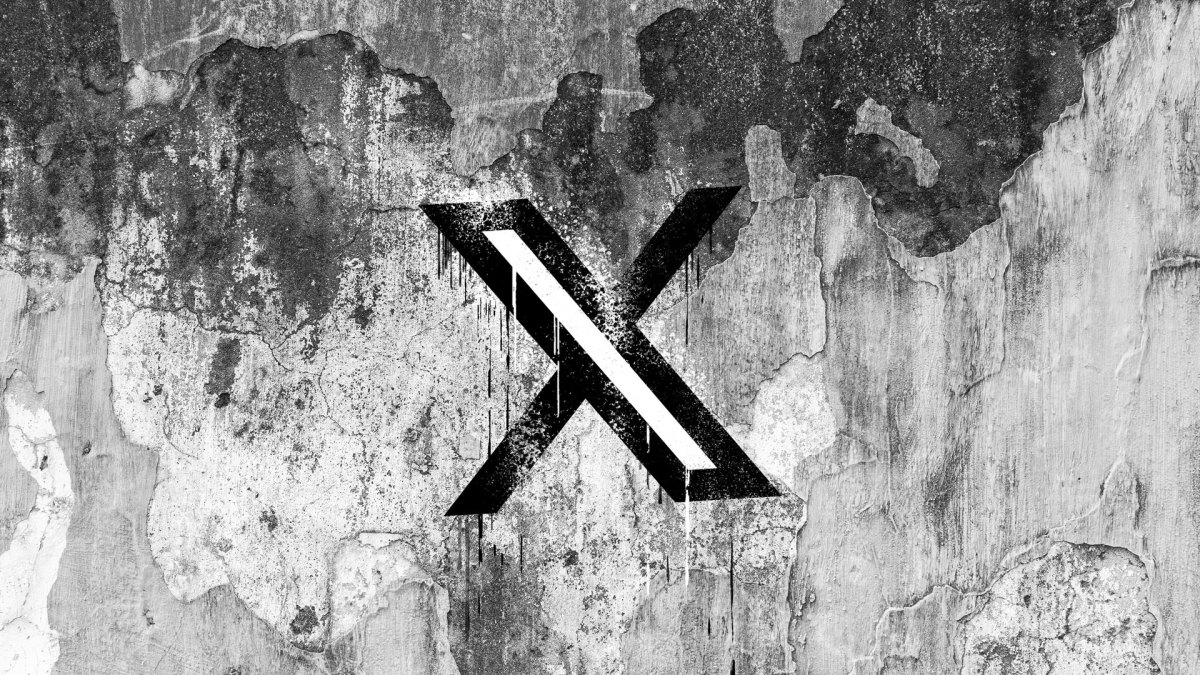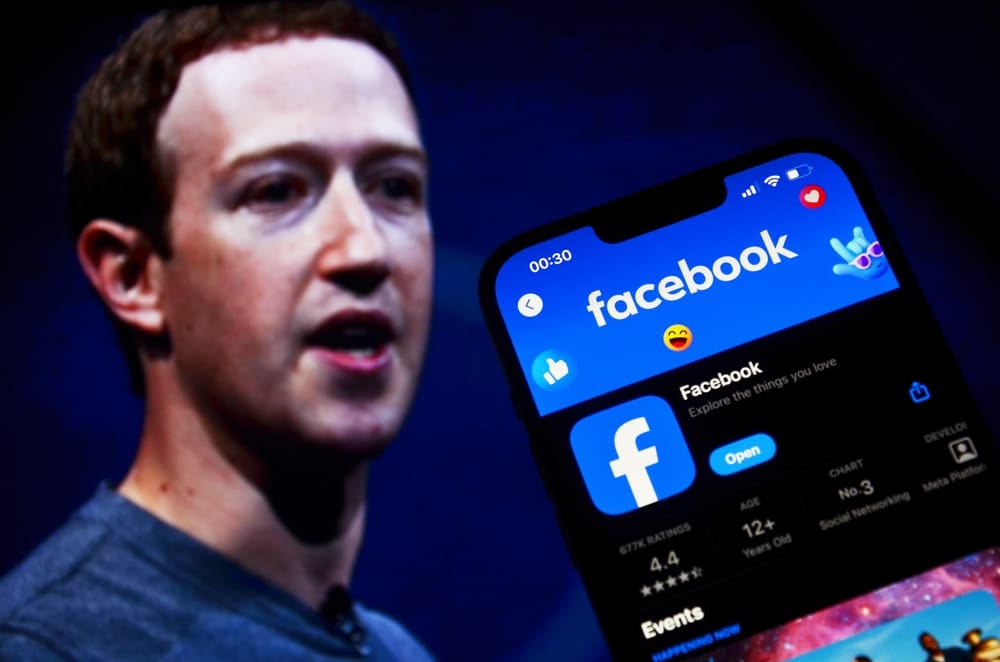How do you smuggle information into the USSR right under the nose of the KGB? Create your own encryption system, of course. That’s exactly what saxophonist and music professor Merryl Goldberg did during the 1980s. This week Goldberg revealed that she used musical notation to hide the names and addresses of activists and details of meetings on a rare trip to the Soviet Union. To do so, she cooked up her own encryption system. Each musical note and marking represented letters of the alphabet and helped disguise the sensitive information. When Soviet officers inspected the documents, no suspicions were raised.
Goldberg’s story was retold at the RSA Conference in San Francisco this week, where WIRED’s Lily Newman has been digging up stories. Also coming out of RSA: a warning that as ransomware becomes less profitable, attackers may turn to business email compromise (BEC) scams to make money—BEC attacks are already highly profitable.
Also this week, dark-web marketplace AlphaBay is about to complete its journey back to the top of the online underworld. The original AlphaBay site—home to more than 350,000 product listings, ranging from drugs to cybercrime services—was purged from the dark web in July 2017 as part of a huge law enforcement operation. However, AlphaBay’s second-in-command, an actor going by the name of DeSnake, survived the law enforcement operation and relaunched the site last year. Now AlphaBay is growing quickly and is on the verge of resuming its dominant dark-web market position.
Elsewhere, Apple held its annual Worldwide Developers Conference this week and revealed iOS 16, macOS Ventura and some new MacBooks—WIRED’s Gear team has you covered on everything Apple announced at WWDC. However, there are two standout new security features worth mentioning: Apple is replacing passwords with new cryptographic passkeys, and it’s introducing a safety check feature to help people in abusive relationships. Database firm MongoDB also held its own event this week, and while it might not have been as high-profile as WWDC, MongoDB’s new Queryable Encryption tool may be a key defense against preventing data leaks.
Also this week we’ve reported on a Tesla flaw that lets anyone create their own NFC car key. New research from the Mozilla Foundation has found that disinformation and hate speech are flooding TikTok ahead of Kenya’s elections, which take place at the start of August. Elon Musk reportedly gained access to Twitter’s “fire hose,” raising privacy concerns. And we dove into the shocking new evidence televised by the House January 6 committee.
But that’s not all, folks. Each week we round up the big security and privacy news we didn’t cover ourselves. Click the links for the full stories, and stay safe out there.
For the past two years, state-sponsored hackers working on behalf of the Chinese government have targeted scores of communications technologies, ranging from home routers to large telecom networks. That’s according to the NSA, FBI, and the Cybersecurity and Infrastructure Security Agency (CISA), which published a security advisory this week detailing the “widespread” hacking.
Since 2020, Chinese-backed actors have been exploiting publicly known software flaws in hardware and incorporating compromised devices into their own attack infrastructure. According to the US agencies, the attacks typically contained five steps. China’s hackers would use publicly available tools to scan for vulnerabilities in networks. They would then gain initial access through online services, access login details from the systems, get access to routers and copy network traffic, before finally “exfiltrating” victim data.

























































